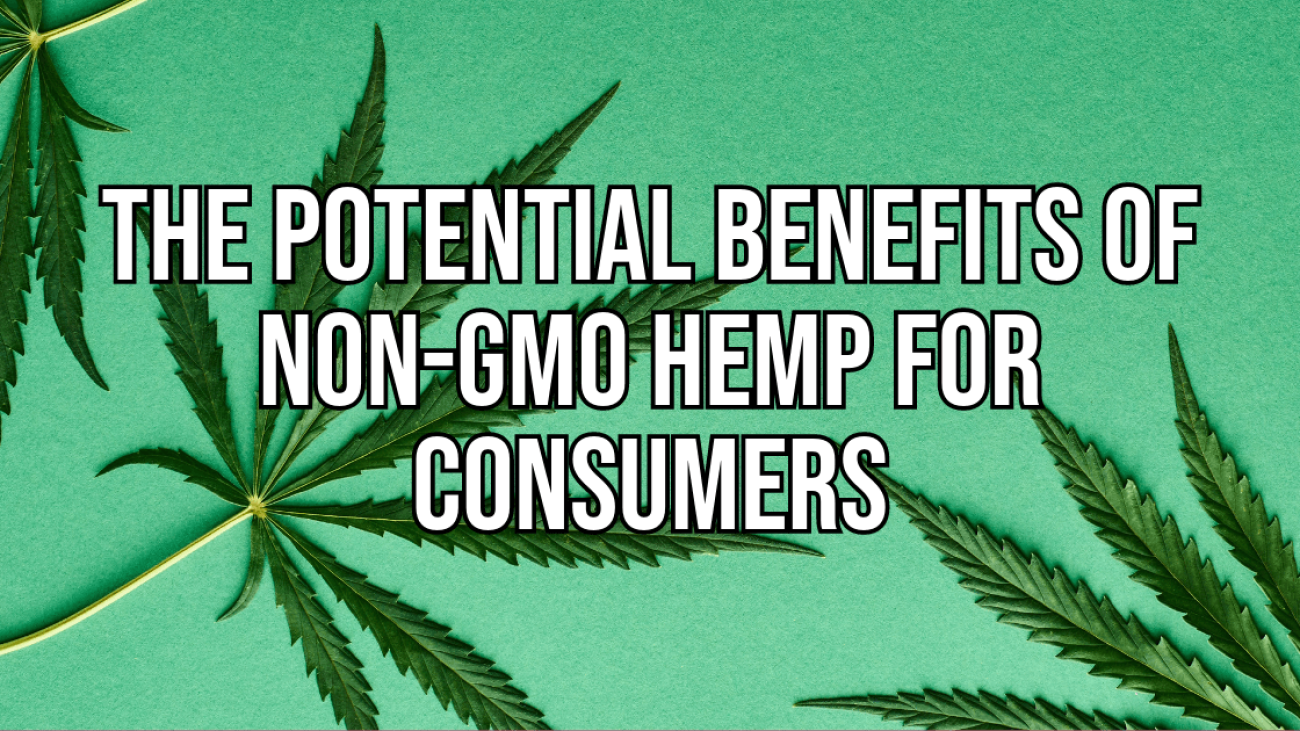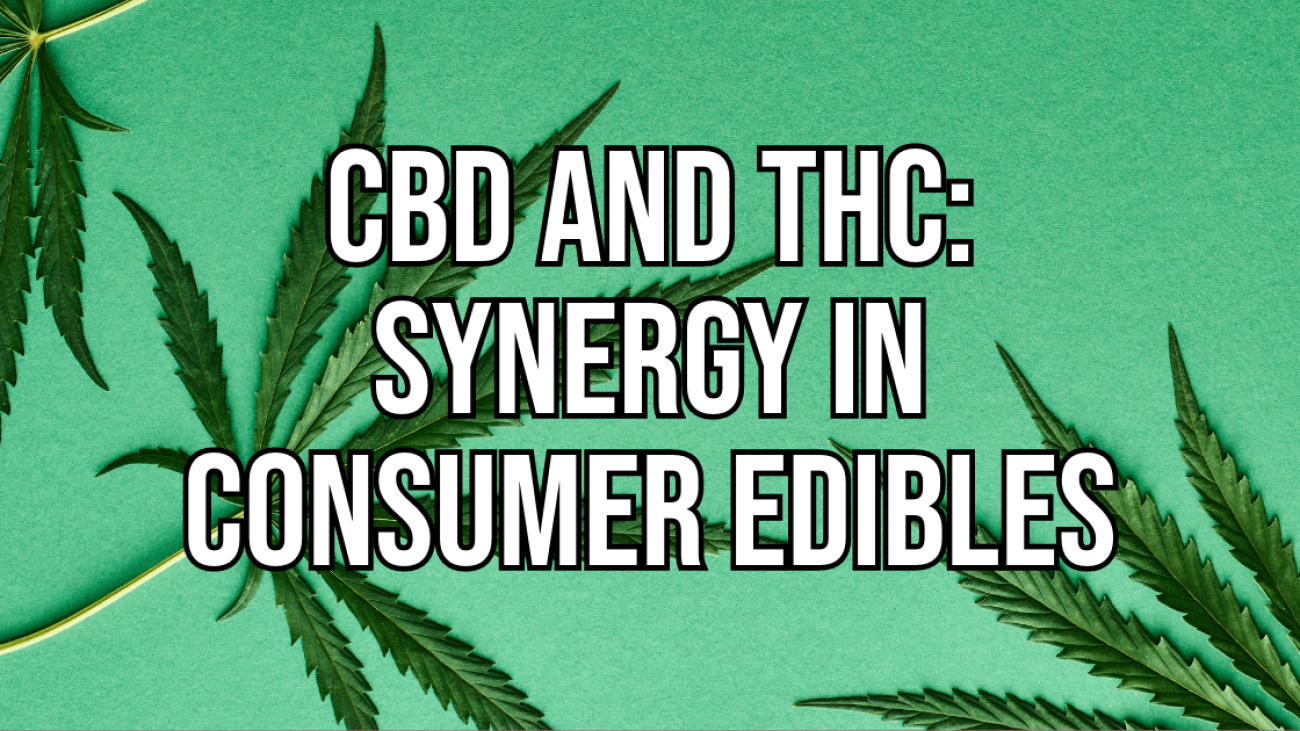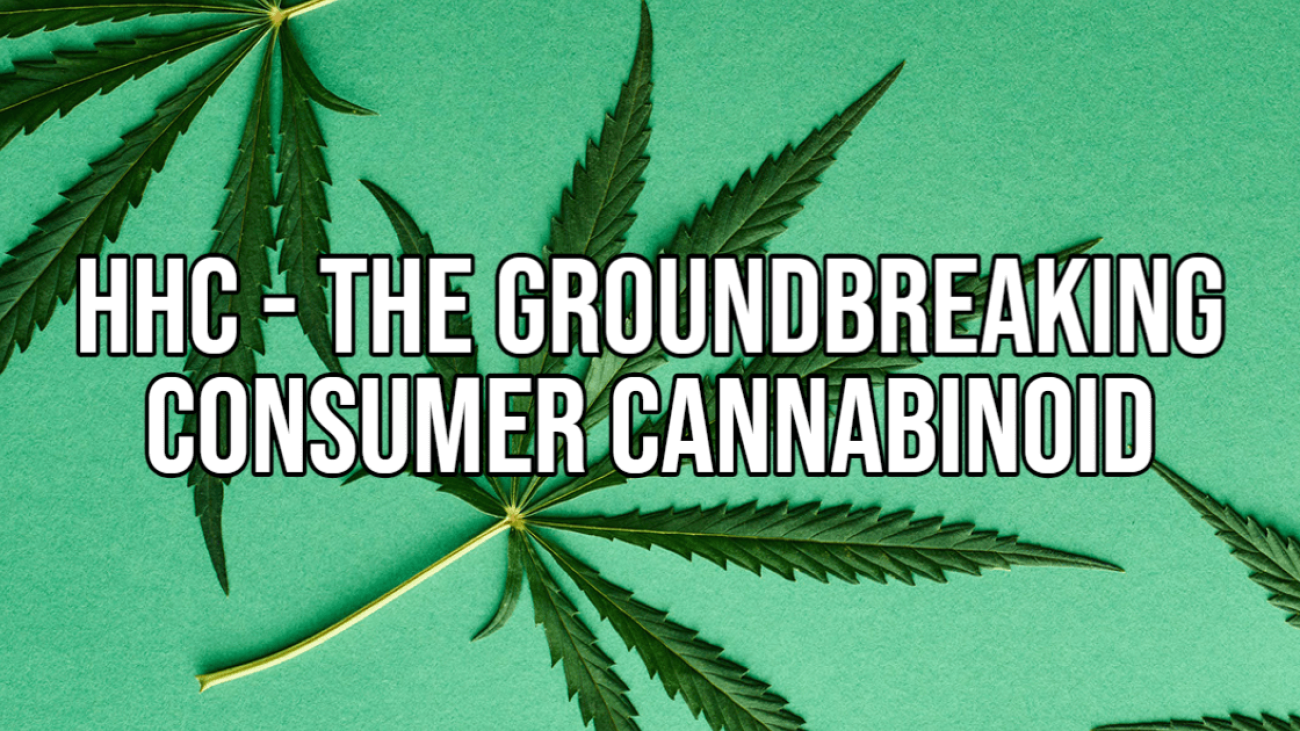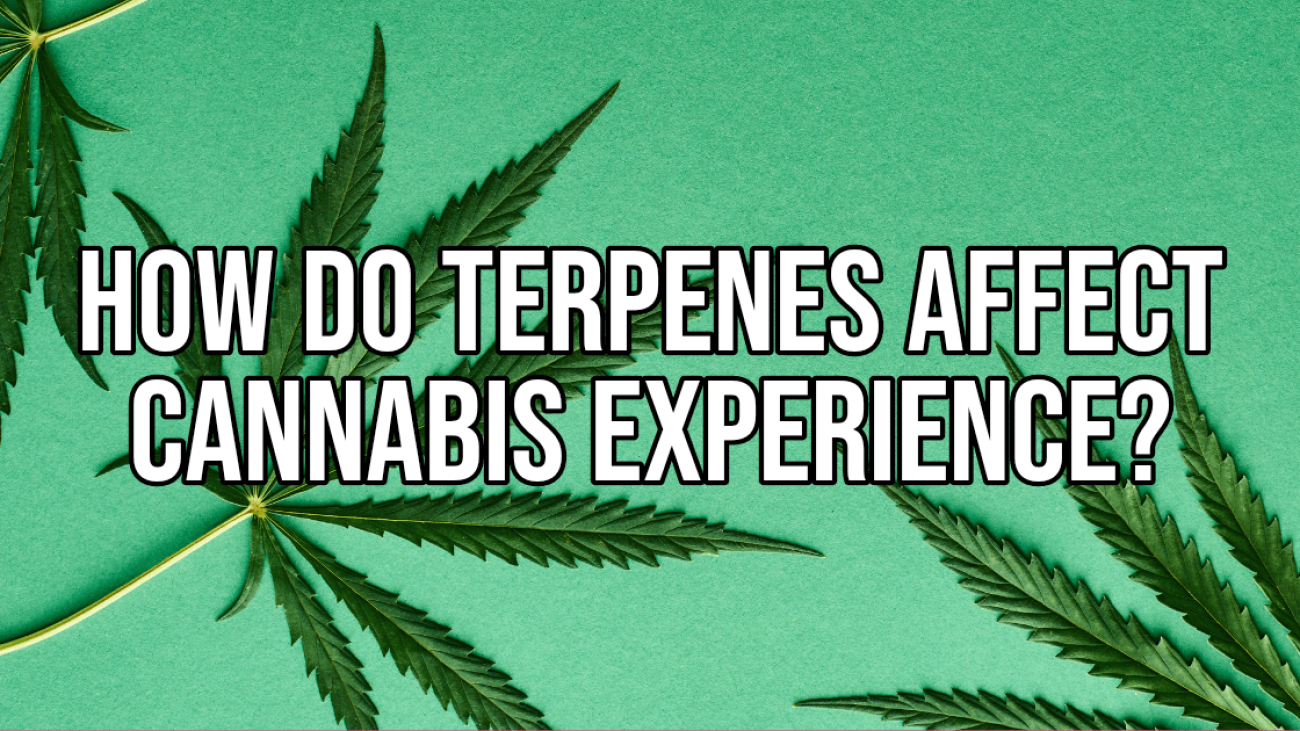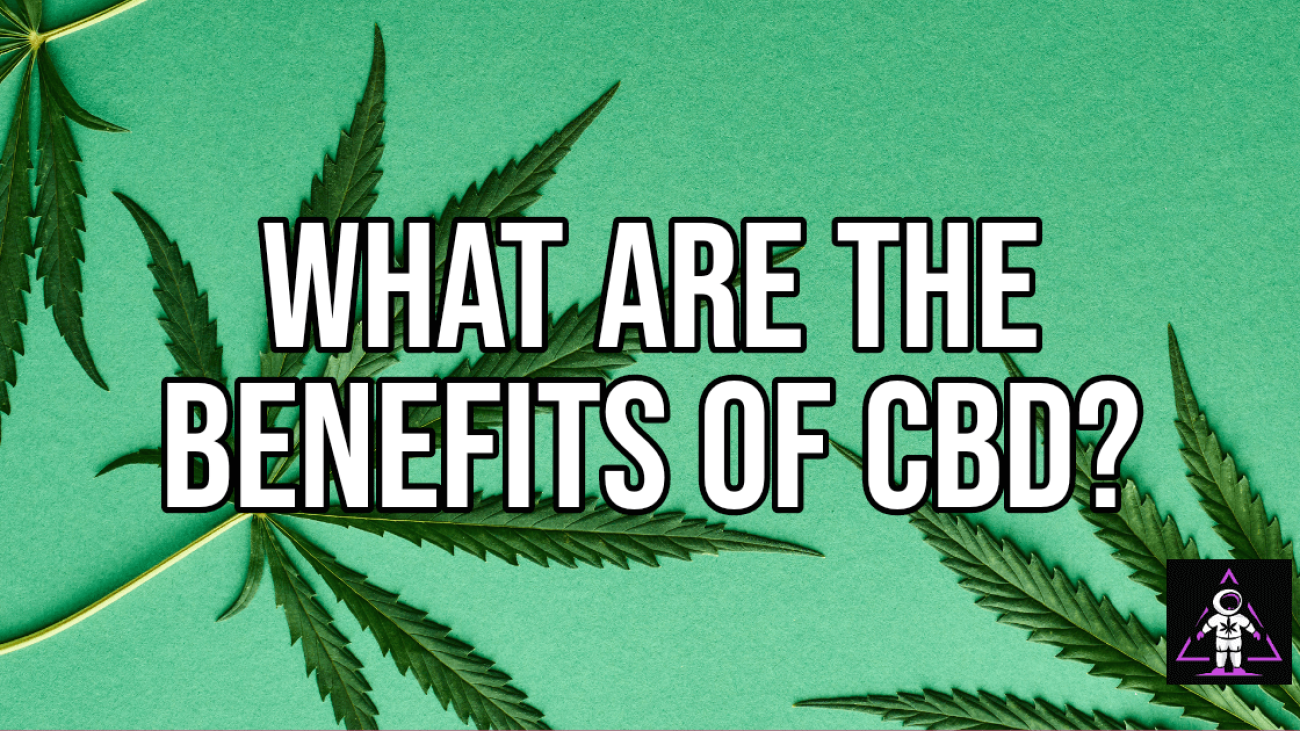Hemp, a versatile and ancient plant, has made a remarkable comeback in recent years. As awareness of its potential benefits continues to grow, consumers are seeking products made from non-genetically modified organisms (GMOs) for various reasons, including health, sustainability, and ethical concerns. In this article, we will explore the potential benefits of non-GMO hemp for consumers and shed light on why choosing non-GMO hemp products may be a wise choice. So let’s dive into The Potential Benefits of Non-GMO Hemp for Consumers.
CBD and THC: Synergy in Consumer Edibles
In the ever-evolving landscape of cannabis consumption, CBD and Delta 9 THC have emerged as two of the most prominent and intriguing compounds. These cannabinoids, found in the cannabis plant, have garnered significant attention not only for their potential therapeutic benefits but also for their synergy in consumer edibles. This article delves into the fascinating interplay between CBD and THC in edible products, highlighting their collaborative effects, potential health advantages, and the captivating market trends that have arisen as a result. So let’s explore CBD and THC: Synergy in Consumer Edibles.
Exploring the CBD and THC Duo
CBD (cannabidiol) and Delta 9 THC (tetrahydrocannabinol) are both compounds belonging to the cannabinoid family. However, they interact with the human body in distinct ways. CBD is renowned for its non-psychoactive properties and potential to offer a range of therapeutic effects such as stress relief, pain management, and anti-inflammatory properties. On the other hand, THC is responsible for the euphoric “high” associated with cannabis use.
- Synergistic Effects
Recent research suggests that when CBD and THC are consumed together, they exhibit a synergistic effect. This means that the combined presence of both compounds can enhance their individual benefits. For instance, the anxiolytic properties of CBD may counteract the potential anxiety or paranoia caused by higher doses of THC. This interplay could lead to more balanced and manageable experiences for consumers. - Enhanced Therapeutic Potential
The combination of CBD and THC in consumer edibles has sparked interest among medical professionals and researchers alike. Some studies propose that this synergy could lead to improved pain relief, especially in conditions like chronic pain or neuropathic pain. Additionally, the duo’s potential anti-inflammatory properties might offer broader health benefits, potentially aiding in conditions such as arthritis and autoimmune disorders.
The Complex World of Consumer Edibles
Edibles are a popular way of consuming cannabis, offering a discreet and convenient option for users. From gummies and chocolates to beverages and baked goods, edibles have come a long way in terms of variety and accessibility.
- Precise Dosage
One of the challenges of consuming cannabis through traditional methods is achieving accurate dosage. Edibles, however, often provide a consistent and predetermined dosage per serving. This is particularly important when combining CBD and Delta 9 THC, as finding the right balance is crucial for achieving the desired effects. - Prolonged Effects
Compared to inhalation methods, which provide rapid onset but shorter duration of effects, edibles offer a prolonged experience. The digestive process metabolizes cannabinoids more slowly, leading to a gradual onset of effects that can last for several hours. This sustained release is especially appealing for individuals seeking prolonged relief from pain, anxiety, or sleep issues.
Emerging Market Trends
The market for CBD + Delta 9 THC edibles is experiencing significant growth, driven by changing regulations, evolving consumer preferences, and increasing acceptance of cannabis products.
- Diverse Product Offerings
As the popularity of CBD and THC edibles soars, manufacturers are continually innovating to create diverse product offerings. From vegan-friendly options to products tailored for specific health concerns, consumers now have an array of choices catering to their individual preferences and needs. - Wellness and Lifestyle Integration
CBD and THC are no longer limited to recreational use. They have seamlessly integrated into the wellness and lifestyle sectors. Athletes, professionals, and wellness enthusiasts are turning to CBD-THC edibles as potential aids for relaxation, recovery, and stress management.
The Future of CBD-THC Synergy
The symbiotic relationship between CBD and Delta 9 THC in consumer edibles holds exciting potential for both medical and recreational users. As research advances and regulations evolve, we can expect a deeper understanding of their combined effects and applications.
In conclusion, the synergy between CBD and Delta 9 THC in consumer edibles is an intriguing phenomenon that has captured the attention of researchers, medical professionals, and consumers alike. Their collaborative effects, potential health advantages, and the burgeoning market trends make for a dynamic landscape that is poised to shape the future of cannabis consumption. Whether seeking therapeutic benefits or simply exploring new horizons, the CBD + Delta 9 THC duo offers a captivating journey into the world of cannabinoids.
HHC – The Groundbreaking Consumer Cannabinoid
Introduction
In recent years, the cannabis industry has witnessed significant advancements in cannabinoid research. One of the most promising and groundbreaking discoveries is HHC, short for Hexahydrocannabinol. HHC: The Groundbreaking Consumer Cannabinoid is gaining momentum as a novel and potentially transformative compound with a range of potential applications. In this article, we delve deep into the world of HHC, exploring its origins, potential benefits, and how it differs from other cannabinoids. We’ll also address frequently asked questions surrounding HHC, providing you with a complete and authoritative guide to this revolutionary compound.
HHC: The Groundbreaking Consumer Cannabinoid
HHC, also known as Hexahydrocannabinol, is a lesser-known cannabinoid that has recently captured the attention of researchers and cannabis enthusiasts alike. Unlike its well-known counterparts such as THC and CBD, HHC offers unique properties and effects, making it an intriguing subject of study.
The Origins of HHC
The discovery of HHC dates back to the 1940s when researchers first isolated the compound from the cannabis plant. However, due to its low concentration and the dominance of THC and CBD in cannabis, HHC remained relatively understudied until more recent times.
Unraveling the Benefits of HHC
Research on HHC is still in its early stages, but initial findings have shown promising potential for various benefits. Some potential applications of HHC include:
- Pain Management with HHC
HHC has shown analgesic properties, which means it may help alleviate pain and discomfort. Studies suggest that it may interact with the endocannabinoid system to modulate pain perception, making it a potential candidate for pain management. - HHC for Relaxation and Anxiety Relief
Preliminary research indicates that HHC may possess anxiolytic effects, promoting relaxation and potentially reducing anxiety levels. This could offer an alternative to traditional anti-anxiety medications. - HHC and Sleep Disorders
Individuals struggling with sleep disorders may find hope in HHC. Some studies have suggested that this cannabinoid could play a role in improving sleep quality and addressing issues like insomnia. - Anti-Inflammatory Properties of HHC
Inflammation is at the core of many health conditions. HHC has demonstrated anti-inflammatory potential, which could be beneficial in managing inflammation-related ailments.
Understanding HHC vs. THC and CBD
HHC differs from Delta 9 THC and CBD in several aspects. Let’s explore the distinctions between these cannabinoids:
Delta 9 THC vs. HHC
While Delta 9 THC is known for its psychoactive effects, HHC, in comparison, exhibits milder psychotropic properties. This means that HHC may offer similar benefits to Delta 9 THC without the intensity of intoxication.
CBD vs. HHC
CBD is widely recognized for its non-psychoactive nature, and in many respects, HHC also shares this characteristic. As such, consumers seeking non-intoxicating effects may find HHC an appealing option.
Frequently Asked Questions about HHC: The Groundbreaking Consumer Cannabinoid
What is HHC?
HHC, short for Hexahydrocannabinol, is a cannabinoid found in the cannabis plant. It offers unique properties and potential benefits that distinguish it from other well-known cannabinoids.
Does HHC cause psychoactive effects like THC?
While HHC does possess some psychoactive properties, they are milder compared to THC. Users may experience effects similar to THC but with less intensity.
How does HHC interact with the endocannabinoid system?
Like other cannabinoids, HHC interacts with the endocannabinoid system, which plays a crucial role in regulating various physiological processes in the body.
Is HHC legal?
The legal status of HHC varies from one jurisdiction to another. Before using HHC products, it’s essential to understand the local laws and regulations surrounding this cannabinoid.
What are the potential side effects of HHC consumption?
As research on HHC is still limited, the full extent of potential side effects is not yet fully understood. Users should exercise caution and start with low doses to assess their tolerance.
How can HHC be consumed?
HHC products come in various forms, including oils, tinctures, edibles, and vape cartridges. Consumers can choose the method that best suits their preferences and needs.
Conclusion
HHC: The Groundbreaking Consumer Cannabinoid holds immense promise as a novel compound with potential benefits for pain management, relaxation, sleep disorders, and inflammation-related ailments. While research is ongoing, initial findings are encouraging, and many cannabis enthusiasts eagerly anticipate more studies on this exciting cannabinoid.
As with any new supplement or health product, it’s crucial to exercise caution and consult with a healthcare professional before incorporating HHC into your wellness routine. Understanding local regulations and obtaining high-quality products from reputable sources is equally important.
In conclusion, HHC represents an exciting frontier in the world of cannabinoids, offering new possibilities for individuals seeking alternative solutions to various health concerns. As research progresses, we can anticipate even more profound insights into the potential of HHC: The Groundbreaking Consumer Cannabinoid.
How do Terpenes Affect Cannabis Experience
In this article, we will explore how cannabis terpenes affect the user experience, and why extraction methods like Live Resin extraction are so important for preserving these valuable compounds. So, How do Terpenes Affect Cannabis Experience?
What are the Benefits of CBD?
Cannabidiol (CBD) is a naturally occurring compound found in the hemp plant. It is one of the many compounds found in the plant called cannabinoids, but it is unique in that it does not produce the “high” that is commonly associated with marijuana use. CBD is non-psychoactive and is believed to have a number of potential health benefits. So what are the benefits of CBD?
One of the most well-known potential benefits of CBD is its ability to reduce anxiety and stress. Many people use CBD as a natural alternative to prescription anxiety medication, and some research suggests that it may be effective in reducing symptoms of anxiety and depression. Additionally, CBD is believed to have pain-relieving and anti-inflammatory properties, which makes it a popular option for people with chronic pain conditions.
CBD is also being studied for its potential to improve sleep quality. Some research suggests that CBD may help with insomnia and other sleep disorders by reducing anxiety and promoting relaxation. Additionally, CBD may also have neuroprotective properties, which means that it may be able to protect the brain from damage and disease. This is why it is being studied as a potential treatment for conditions such as epilepsy, multiple sclerosis, and Parkinson’s disease.
It is important to note that the research on the potential benefits of CBD is still in its early stages, and more research is needed to fully understand the effects of CBD on the human body. Additionally, the quality and purity of CBD products can vary greatly, so it is important to purchase from a reputable source.
In conclusion, compared to Delta 8 THC or Delta 9 THC, CBD is a non-psychoactive compound found in the hemp plant that is believed to have a number of potential health benefits. While more research is needed to fully understand the effects of CBD, many people use it to reduce anxiety and stress, relieve pain, improve sleep, and protect the brain from damage and disease. When purchasing CBD products, it is important to choose a reputable source to ensure that you are getting a high-quality product.

